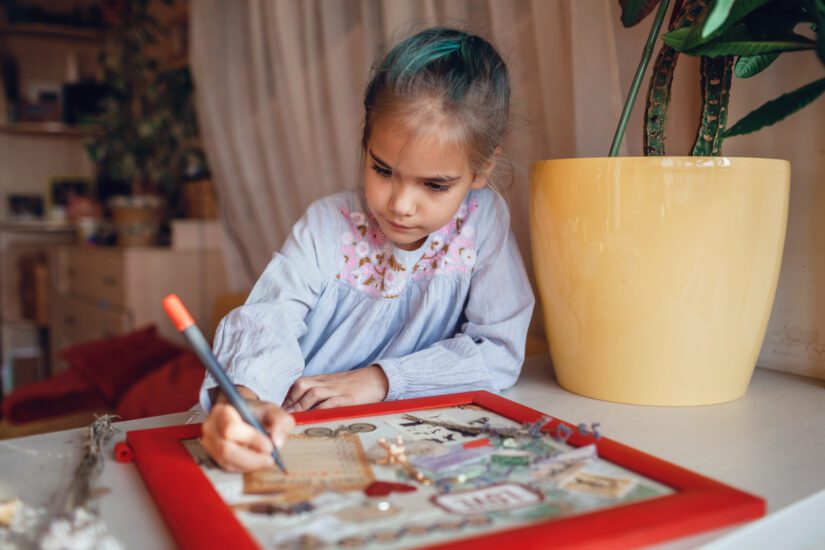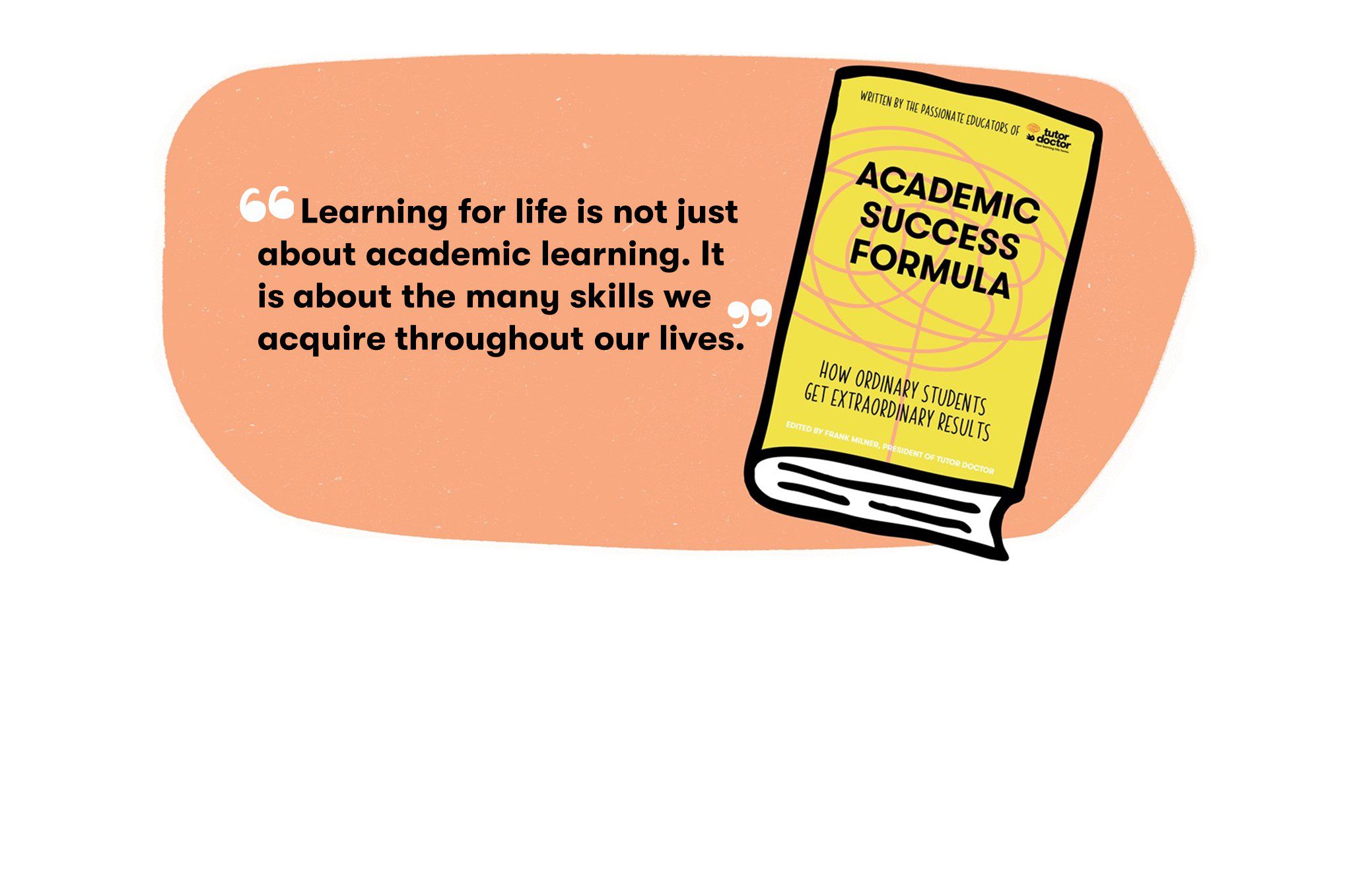Vision boards are a wonderful way to encourage students to dedicate a brainstorming session focused on their future dreams. Vision boards can help students of all ages to visualize their future goals and aspirations! Read on to find out more.
A vision board is essentially a physical visualization of what your child wishes to accomplish or pursue in the future. We think vision boards are great because they emphasize the importance of setting positive goals while also allowing students to express their artistic side!
Here is some good advice for students interested in making a vision board: remind yourself not to forget personal, non-academic goals and interests as well! Academics are undoubtedly important, but remember to also encourage yourself to emphasize your own individualism. As an example, traveling to a country or region you have always wanted to visit is a great accomplishment to aim for! The awesome thing about vision boards is that they allow students to create a visual representation of their personality along with their own interests and hobbies. Pick up a blank poster board from any arts and crafts store, and start adding your own visions!
A vision board isn’t just about future goals – it’s even more about expressing your thoughts and individuality in the present. Here are some suggestions:
- Books, quotes, or writing that inspires you
- Movies and television shows you enjoy
- Video games you like to play
- Music or artists you identify with
Don’t limit yourself. A vision board is supposed to be a representation of your future aspirations, so the sky is the limit! Dream big.
Over 20 years ago, the humble writer of this article made a vision board for himself because a passionate 8th-grade English teacher encouraged him to do it. It was because of Mr. Stewart that To Kill A Mockingbird remains my favorite novel to this day – and this was the quote on my vision board:
“Real courage…it’s when you know you’re licked before you begin, but you begin anyway and see it through no matter what. You rarely win, but sometimes you do.”
Harper Lee (1926-2016) published these words (in the voice of Atticus Finch) back in 1960. In the novel, Atticus is a lawyer who takes on the case of an innocent man, despite knowing he will lose due to his client’s skin color – but does so anyway because it’s the right thing to do.
In this writer’s opinion, the lesson Harper Lee wanted to convey is that we should pursue what we believe is right…even if the odds aren’t in our favor. As Atticus profoundly implies, we often don’t succeed in the face of insurmountable challenges – “but sometimes you do.” And as history proves, that makes all the difference.
We have a blog about the importance of failure and how it should be seen as a positive thing! Check it out here.
In many ways, vision boards can stick out more in your child’s memory than any number of lessons, because they encourage personal exploration and independent discovery. Treat a vision board like an open canvas, and you’ll be amazed at what sticks – especially after decades!




